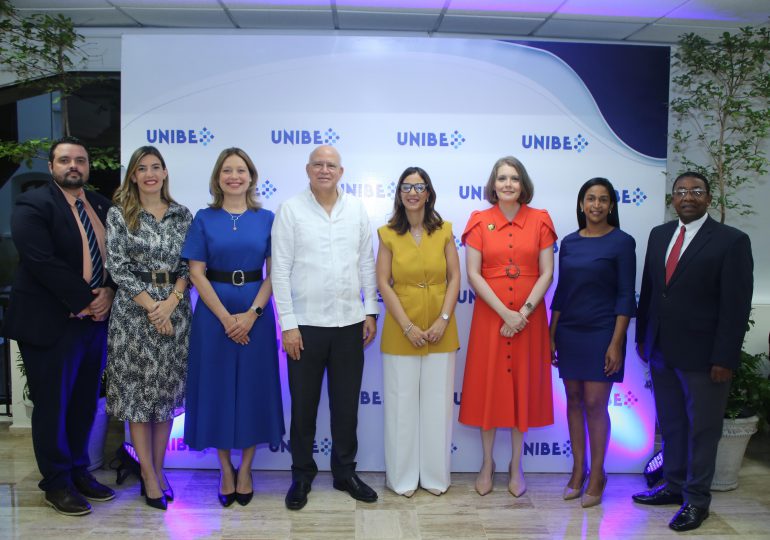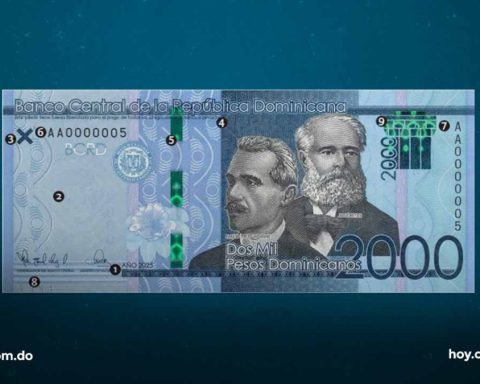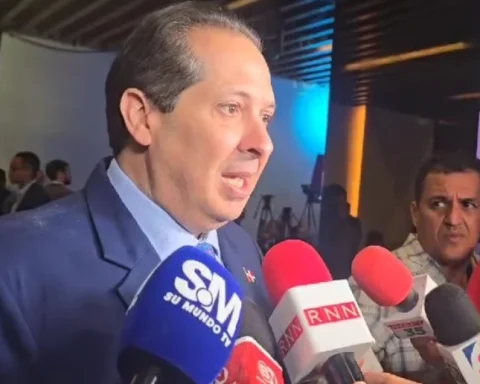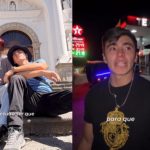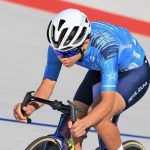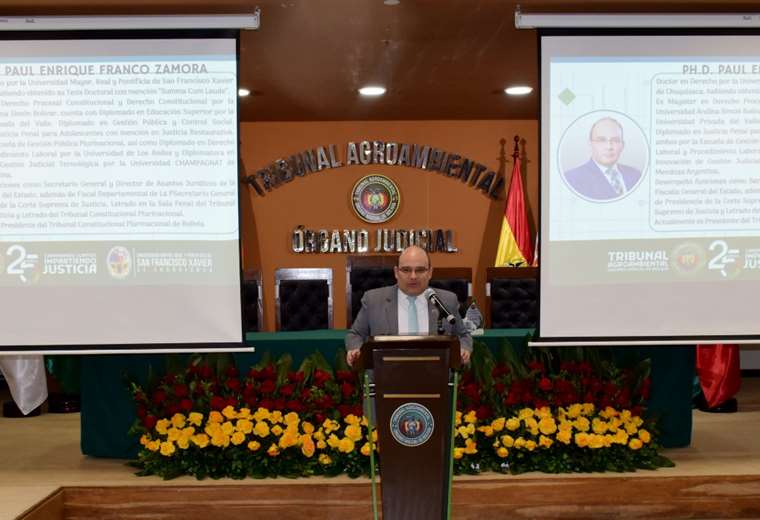Santo Domingo;- The Ibero-American University, Unibepresented the first cohort of his new PhD in Research in Health Sciences and Behavior, which begins its activities this coming September.
This innovative programme is distinguished by its flexibility and transdisciplinary and translational approach in health sciences and those that study human behaviour, promoting integrated research, ranging from preclinical sciences to social applications. Students will receive a solid scientific training, through advanced subjects and research practices in Unibe’s various laboratories and research institutes.
Dr. Odile Camilo Vicent, rector of Unibe, addressed the members of this first cohort to wish them success in this new academic adventure and told them that with their vast training and experience they will contribute to making visible the challenges and opportunities of their areas and disciplines, and to systematize the knowledge that has been generated in practice, generating new knowledge.
“Today marks the beginning of a new institutional chapter, which would not have been possible without the hard and rigorous work of the management and teaching staff of the Vice-Rectorate for Research and Innovation, the Academic Vice-Rectorate and the support departments, and without the generous support of the Ministry of Higher Education, Science and Technology, which once again demonstrates with facts and resources its commitment to strengthening our higher education system and the trust in our university,” he said.
The PhD in Health and Behavioral Sciences Research is designed for professionals in the health sciences, cognitive sciences, and social sciences interested in specializing in topics related to health and human behavior from an advanced scientific and technological perspective.
The structure of the program allows to meet the academic requirements of doctoral training, including elective subjects in areas such as cognitive neurosciences, translational medicine, mental health and global health, among others, which allow students to be provided with highly specialized knowledge. The research cycle will allow students to carry out high-value academic, scientific or technological work.
It lasts 3 years (9 semesters) distributed in 64 credits, and will be taught in a blended learning mode, with students integrated into scientific activities at the Unibe Research and Innovation Hub.
The program is coordinated by Dr. Eloy Álvarez, a graduate of the Higher Institute of Medical Sciences of Santiago de Cuba, with a doctorate in Medical Sciences from the University of Oriente.
